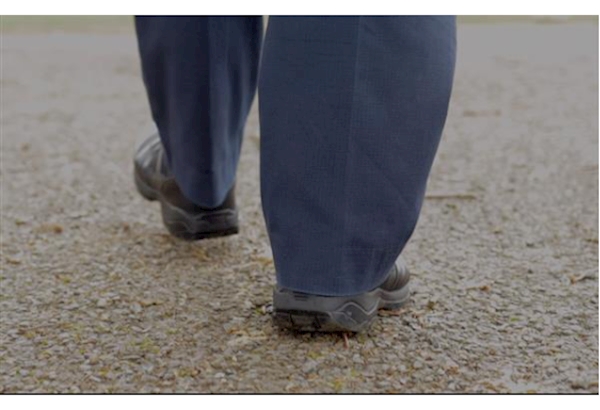
|
||
|
|
||
|
||
|
How we as a Safer Neighbourhood Team work and what we do |
||
|
I wanted to provide some clarity on how our Safer Neighbourhood Team (SNT) differs from other policing units, and outline the work we do in Acton.
How We Differ from Emergency Response Teams
When someone calls 999, the call is routed to the London Control Room and then allocated to the relevant borough. Calls are graded by urgency:
These calls are handled by the Emergency Response Team (ERT) based in Southall, who provide 24-hour coverage across the borough.
SNT does not respond to these calls. Our role is different: we focus on local engagement, problem-solving, and proactive policing during business hours and some evenings. We often do not provide late-night coverage beyond 8pm, except for one weekend per month or specialist operations. Officers often change shifts where they can out of their own dedication to serve their communities.
Any incidents attended by our response team where longer term interventions are required, such as calls to drug dealing or other forms of anti-social behaviour, are passed to SNT for our awareness.
Our Structure and Coverage
SNT teams are small and cover specific electoral wards. Typically, each ward has two PCs and a PCSO. Acton benefits from an additional Town Centre Officer (my role), but overall resources are limited. Each Sergeant oversees two teams and is responsible for supervision of officers and their work on the ward. Officers in one area are also used for aid, which involves them travelling to another area of London to help out at events, such as protests or sporting events.
Tackling Drug Dealing and Anti-Social Behaviour We are currently seeing an increase in drug dealing in the town centre, which often shifts based on weather and enforcement activity. For example:
Enforcement is challenging due to court delays and reduced prison capacity. Even when arrests are made, cases can take months to progress. For instance, a dealer arrested in March is unlikely to face trial before next March due to investigative and evidential requirements.
We use a range of tools under the Anti-Social Behaviour, Crime and Policing Act 2014, including:
These measures escalate based on compliance and allow us to impose restrictions and pursue prosecutions for breaches. This approach works: most offenders disengage after initial warnings, and persistent offenders face court action.
Challenges and Wider Context While policing remains resilient, other support services—such as drug rehabilitation and homelessness support—are severely underfunded. This limits our ability to offer positive interventions, leaving enforcement as the primary tool.
We continue to work with partners, including the Designing Out Crime team, to address environmental factors that enable offending.
| ||
Reply to this message | ||
|
|




